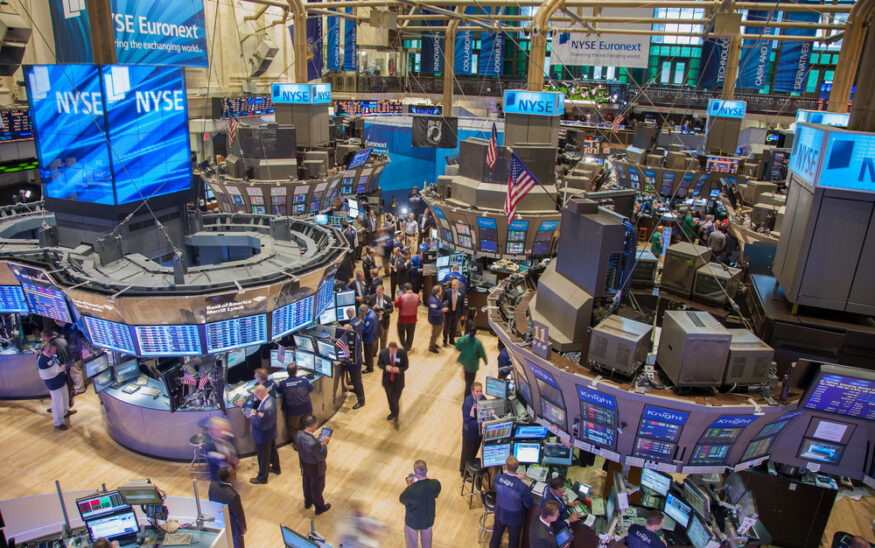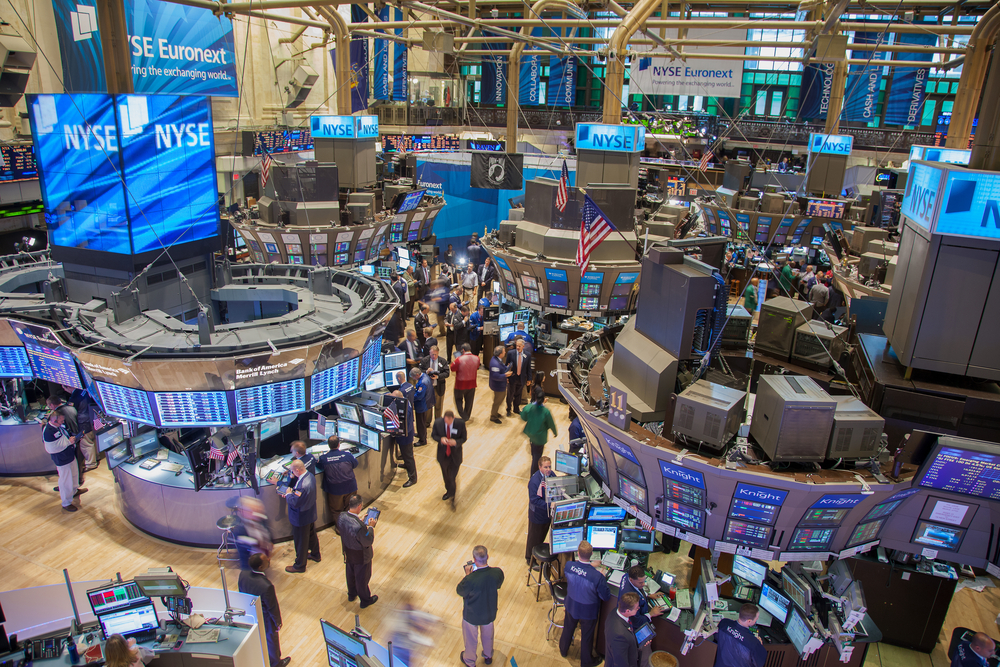Stock Buybacks: Why Companies Do It
They get a bad rap but have a purpose
Charlie Farrell //April 8, 2019//


Stock Buybacks: Why Companies Do It
They get a bad rap but have a purpose
Charlie Farrell //April 8, 2019//

You may have heard the term "stock buybacks" in the news recently and most of the discussion about buybacks is negative. Commenters, particularly politicians, claim stock buybacks are manipulative, reduce wages and simply enrich corporate insiders. Most of that is incorrect.
First, let's start by reviewing what a buyback is. A stock buyback is a financial transaction between a company and public shareholders. What happens is a company goes into the public markets and buys its shares from investors who no longer want to own them. Because a company is buying its own shares, it is called a buyback.
Here is a simple example. Assume a company has 100 shares outstanding and each share is valued at $1. The company can go into the public markets and simply buy 10 shares for $10 from investors who no longer want to own the shares. After the transaction, the company now has 90 shares outstanding instead of 100.
Why would a company do this? When a company has extra cash sitting around, it can basically do one of three things with it: keep the cash in a bank account, pay out some of the cash as a dividend, or use some of the cash to buy back stock. The reality is many companies do some of each of these things. They build up cash reserves, they pay some in dividends and then they buy back some shares. A company like Apple regularly does this and even Warren Buffett does it at times.
But how does a buy back help? Let's go back to the example of a company that has 100 shares outstanding. Let's also assume the company earned $100 for the year. Since there are 100 shares, that is $1 of earnings per share. Now if the company buys back 10 shares with funds it has sitting around in a bank account, they now have 90 shares, but still $100 of earning. So for the remaining shareholders, their earnings per share have gone from $1 to $1.11 ($100/90). As earnings per share go up, the value of a company's stock generally does, too.
But what about investing that money in new projects and new jobs instead of buying back stock? Why don't companies do that?
Well, most of them would prefer to invest in new projects, expand and grow. But often companies don't see sufficient growth opportunities to justify doing that. This may be because the overall economy is slow or the company itself sees slowing growth. Company managers generally don't just want to waste money on endeavors that aren't profitable. And shareholders (like you and I) want companies to generate more profits. If managers decide to waste money, they often find they don't have jobs anymore.
In the end, it's shareholders who set the goals, and shareholders (including teachers, auto and steel workers, software engineers and everyone else who has a retirement plan) want the value of the companies they own to go up. Thus, when faced with a decision on what to do with idle cash, managers try to figure out what use of the cash will lead to the highest shareholder value. That's how the public markets work and it's what allows people to actually retire. If company values didn't go up, we'd all just watch our savings go down the drain.
To our knowledge, there is no causation link between stock buybacks and stagnating wages in the economy. They may be happening at the same time, but it doesn't mean they are linked.
Companies will pay the wages needed to attract the talent to grow. The problem is growth. The overall economy is growing, but it's growing slower than it has in prior decades. No one really knows why, but that's where we find ourselves. In our experience, executives will try to grow their "empires" if the opportunities exist. The reality is there are fewer opportunities today for many companies because the rate of global economic growth has slowed.
Do stock buybacks enrich insiders? No more than they enrich all the other shareholders in the business. Recall the stock is being bought back from people who are selling it. They are voluntarily getting rid of their shares and saying they don't want to invest in the company anymore. All the remaining shareholders stand to benefit from the buy backs. And the shareholders who sold get that money to either spend in the economy or invest in other businesses they like better.
Now, can buybacks be abusive? Yes. If a company borrows heavily to buy back stock, that can result in risky financial engineering. But investors often see through this and those companies are generally punished with falling stock prices over time.
You may also know that in the past it wasn't legal for companies to buy back stock. But there are lots of things that were illegal years ago that might not have been a great idea. For instance, at one point, the U.S. government outlawed individual ownership of gold. Not all activities that used to be prohibited made sense. Each issue has to be evaluated on its merits.
The bottom line is stock buybacks are just one of several legitimate uses of cash. Most executives try to make good decisions and balance their desire to invest in new business opportunities against the knowledge that some new business investments are a waste of money.






















